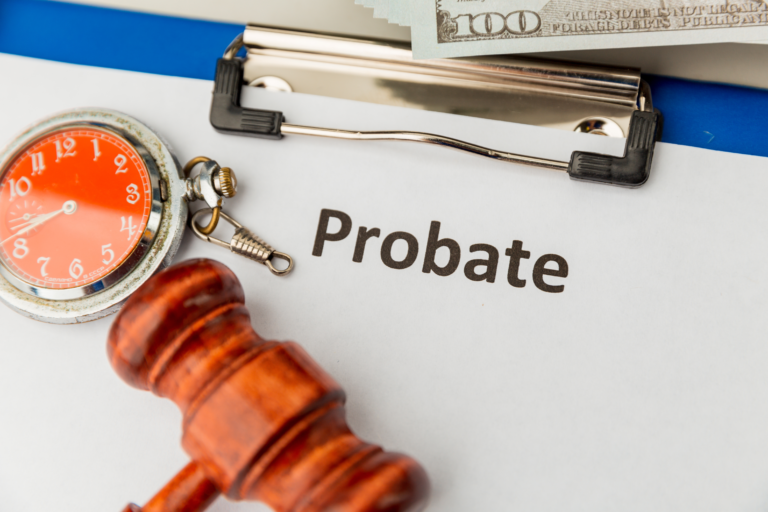Probate is the process in which a court determines the validity of a deceased person’s will and how the heirs will receive their share of the testator’s estate. In this article, you will find out whether probate is always required in Florida.
Is Probate Always Required in Florida? – The Verdict
Probate is not always required after someone dies owning assets in Florida.
Once the person in control of the deceased’s will submits it to the appropriate court, the judge will verify the document’s validity. If it is valid and the estate is subject to probate, the court will designate a personal representative to execute the provisions in the will.
This process involves several steps, such as organizing and inventorying all the decedent’s assets, identifying outstanding debts involving the estate, notifying the interested parties, and distributing the assets to the beneficiaries according to the will.
If the will is not valid, the execution of the decedent’s estate must follow Florida intestacy laws (Fla. Stat. §732).
Summary Administration vs. Formal Administration
If a person died away over two years ago or the value of the deceased’s assets is less than $75,000, the estate may go through summary administration. This procedure is a simplified form of probate that requires no personal representative.
If a person died less than two years ago or the value of the decedent’s estate exceeds $75,000, the estate must go through formal administration. The standard type of probate in Florida, formal administration requires the designation of a personal representative and strict court supervision.
Summary administration may require no longer than six weeks to complete. Conversely, proceedings involving formal administration require at least six weeks to complete, lasting up to six months or more depending on the complexity of the case.
Probate Estates vs. Non-Probate Estates in Florida – Taking a Closer Look
Probate Assets
In essence, the assets subject to probate in Florida are those owned solely in the deceased person’s name. If a real estate property is individually owned at the time of the owner’s death, it must go through probate.
Probate proceedings also encompass individually owned bank accounts, life insurance policies held solely in the principal’s name, and individual retirement accounts with no named beneficiaries.
Non-Probate Assets
Florida Statutes §732.402 (2) provides that “exempt property shall consist of:
- Household furniture, furnishings, and appliances in the decedent’s usual place of abode up to a net value of $20,000 as of the date of death.
- Two motor vehicles as defined in Fla. Stat. §316.003 (…)
- All qualified tuition programs authorized by s. 529 of the Internal Revenue Code of 1986 (…)
- All benefits paid pursuant to Fla. Stat. §112.1915″ (teachers and school administrators’ death benefits)
Florida Statutes §735.301 (1) also specifies that “no administration shall be required, or formal proceedings instituted upon the estate of a decedent leaving only:
- Personal property exempt under the provisions of s. 732.402
- Personal property exempt from the claims of creditors under the Constitution of Florida, and
- Nonexempt personal property the value of which does not exceed the sum of the amount of preferred funeral expenses and reasonable and necessary medical and hospital expenses of the last 60 days of the last illness”
If an asset is not owned solely in the decedent’s name, it may not be subject to probate. Examples of non-probate assets in Florida include:
- Real estate owned in joint tenancy or tenancy by the entirety
- Assets held in a trust
- Retirement accounts
- Bank/brokerage accounts with payable-on-death (POD) and transfer-on-death (TOD) beneficiaries
- Life insurance or brokerage-related accounts with beneficiaries that are not the decedent
- Bank/brokerage accounts under joint tenancy
Probate Does Need to Be Overwhelming – Contact Your Florida Probate Lawyer Today
Contact Attorneys Romy B. Jurado and Diana C. Collazos today by calling (305) 921-0976 or emailing [email protected] to schedule a consultation.






